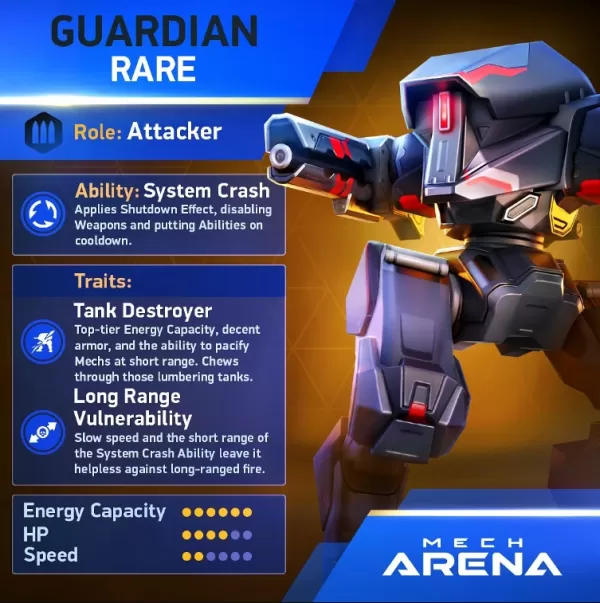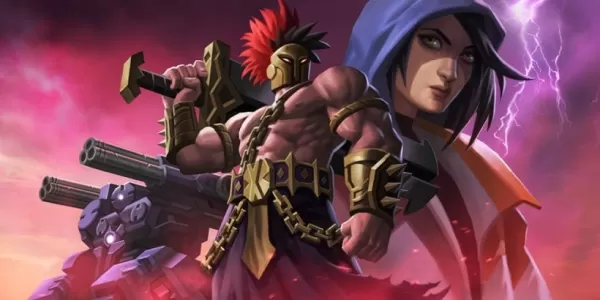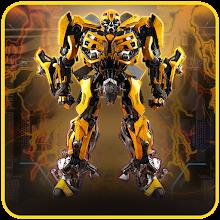Thanks to a renewed focus on the core concepts that the series was originally built upon, Assassin’s Creed Shadows delivers the most satisfying experience the franchise has offered in years. The game reintroduces fluid parkour reminiscent of Unity, allowing players to seamlessly transition from ground level to castle rooftops. The addition of a grappling hook further enhances this experience, making the ascent to strategic vantage points quicker and more exhilarating. Perched high on a tightrope, you're a mere drop away from executing the perfect assassination—as long as you're playing as Naoe. However, switch to the game's second protagonist, Yasuke, and you're thrust into a completely different gameplay dynamic.
Yasuke moves at a slower pace, struggles with stealth, and climbs with the agility of a novice. These traits make him a stark contrast to the typical Assassin's Creed protagonist, presenting one of Ubisoft's most intriguing yet perplexing design choices. Playing as Yasuke shifts the game's focus away from the stealth and parkour that define the series, challenging players to adapt to a new style of play.
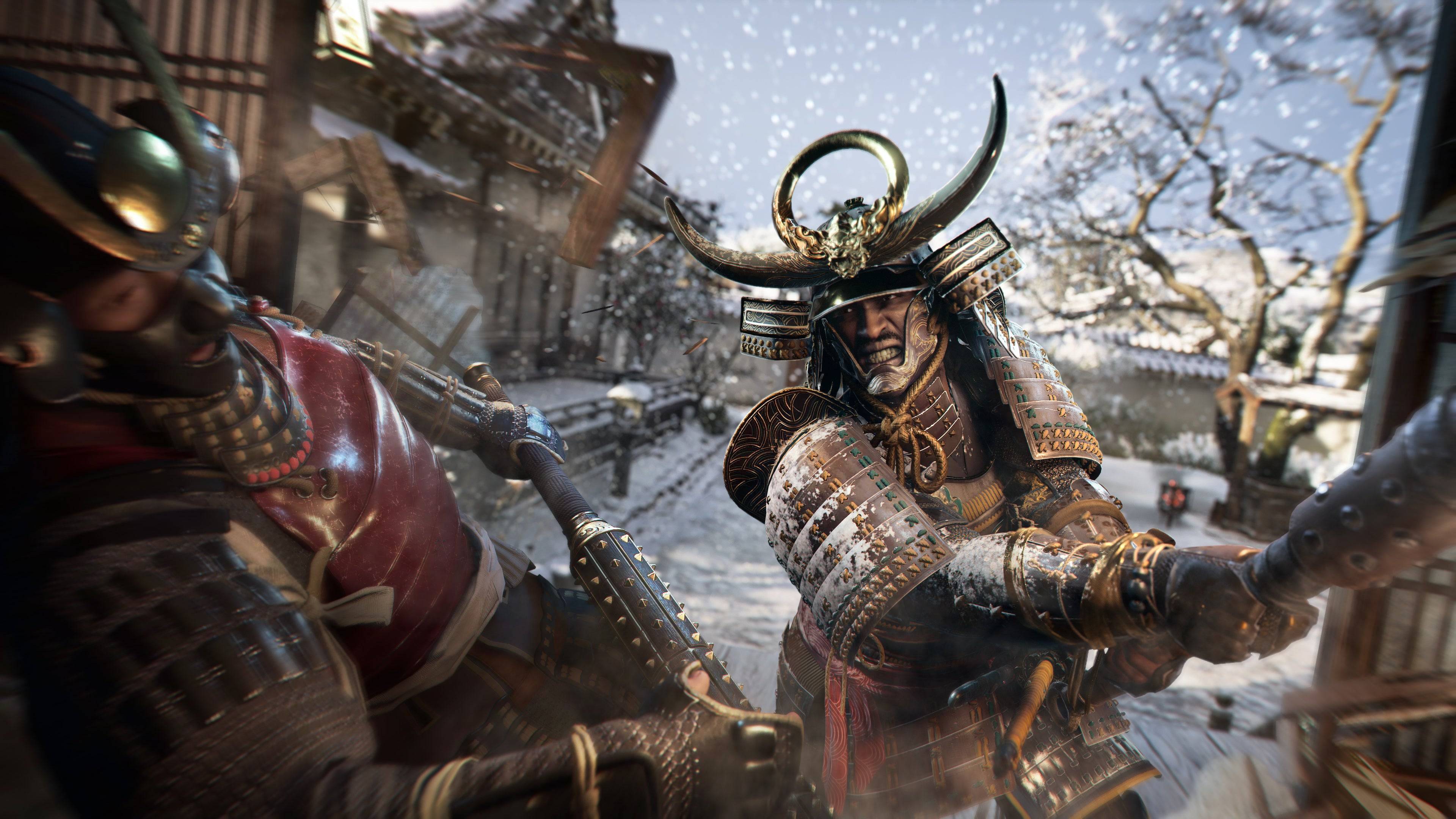
Initially, the disparity between Yasuke's abilities and the core tenets of Assassin's Creed can be frustrating. What's the purpose of a protagonist who can barely scale walls and lacks the finesse for silent takedowns? However, as you delve deeper into his gameplay, Yasuke's design reveals its merits. He addresses longstanding issues within the series, particularly the overemphasis on action in recent titles.
In Shadows, you'll spend the initial hours mastering Naoe's swift and stealthy shinobi skills, which perfectly embody the assassin archetype. Transitioning to Yasuke later in the campaign can feel jarring. This towering samurai is ill-suited for sneaking through enemy camps and struggles with even basic climbing. His limitations encourage a more grounded approach, which in turn restricts his ability to survey the battlefield from above. Unlike Naoe, who can rely on Eagle Vision, Yasuke has no such advantage, forcing players to rely solely on his brute strength.
Assassin's Creed has always been about stealthy kills and vertical exploration, elements that Yasuke directly opposes. Playing as him feels more akin to Ghost of Tsushima than traditional Assassin's Creed, emphasizing fierce combat over stealth. Yasuke's gameplay challenges players to rethink their approach, as the series has historically allowed for unrestricted climbing. His design introduces more deliberate pathways, requiring careful environmental observation to navigate the world effectively.
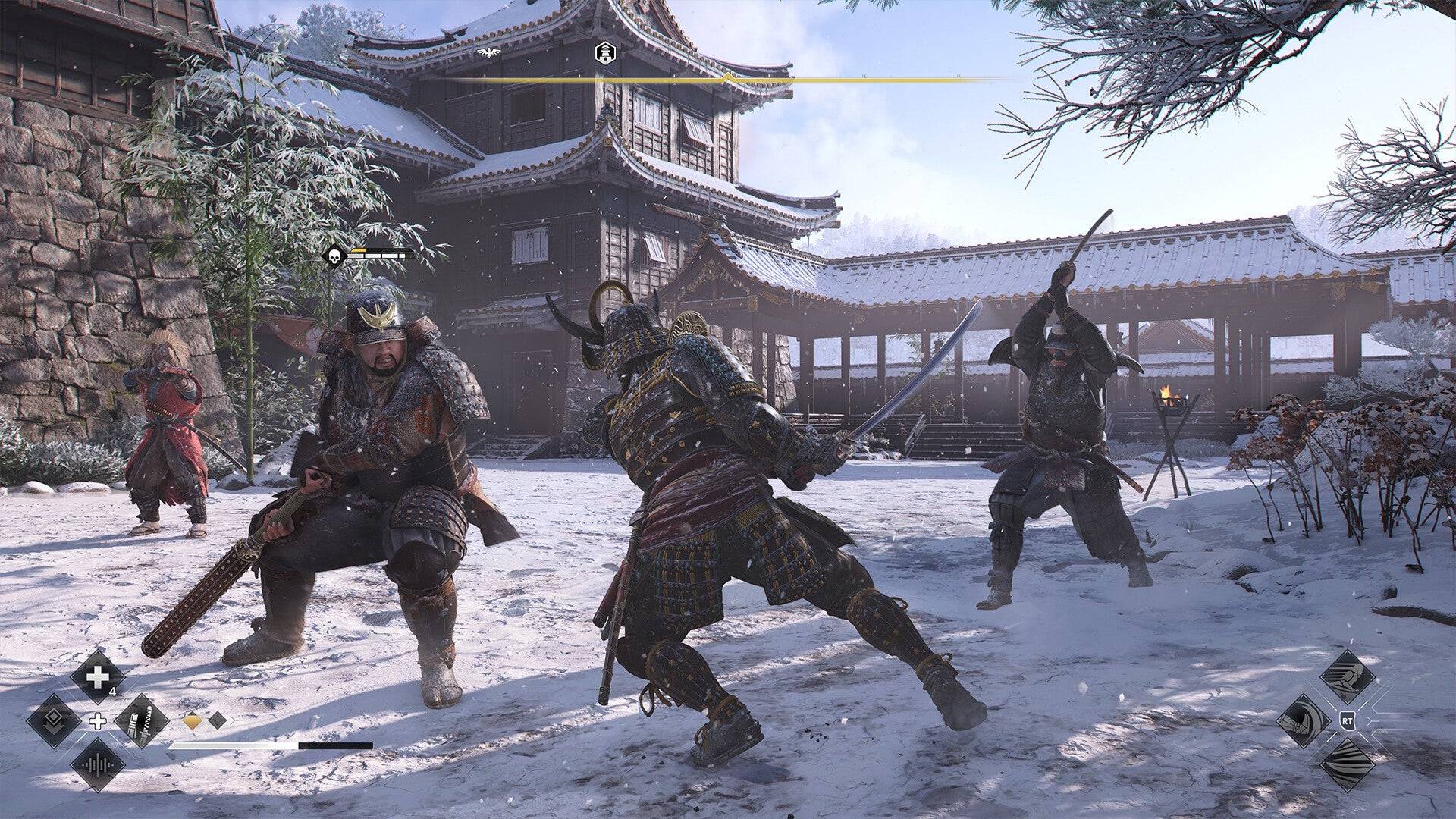
While Yasuke's pathways are more engaging than the effortless climbs of past games, they limit his freedom in exploration and make it challenging to gain the high ground for strategic planning. His only stealth-related skill, the "Brutal Assassination," is more of a combat opener than a silent takedown. Yet, when combat ensues, Shadows offers the best swordplay the series has seen in over a decade, with a variety of techniques and satisfying finishing moves that contrast sharply with Naoe's stealthy approach.
The dual protagonist system in Shadows ensures a clear separation between combat and stealth, preventing the action-heavy gameplay that dominated Origins, Odyssey, and Valhalla. Naoe's fragility forces players to engage in stealth and strategic retreats, while Yasuke's strength allows for prolonged combat, offering a refreshing change of pace.
Despite the intention behind Yasuke's design, his fit within the Assassin's Creed framework remains questionable. The series is built on stealth and vertical exploration, elements that Yasuke directly challenges. While characters like Bayek and Eivor leaned too heavily into action, they still retained the core abilities of an Assassin's Creed protagonist. Yasuke, as a samurai, thematically fits his lack of stealth and climbing skills, but this means players can't experience the traditional Assassin's Creed gameplay when controlling him.
The real challenge for Yasuke is his counterpart, Naoe. She is, mechanically, the best Assassin's Creed protagonist in years, with a stealth toolkit perfectly suited to the verticality of Sengoku Period Japan. Naoe embodies the promise of Assassin's Creed: becoming a highly mobile silent killer. Even her combat benefits from the same enhancements as Yasuke's, though she can't endure as long in battle.
Ubisoft's attempt to offer two distinct playstyles with Yasuke and Naoe is commendable, yet it creates a double-edged sword. Yasuke's unique gameplay is a fresh take for the series, but it opposes the foundational elements that make Assassin's Creed unique. While I'll occasionally return to Yasuke for the thrill of combat, it's through Naoe that I'll truly explore the world of Shadows. With her, I feel like I'm playing Assassin's Creed.


